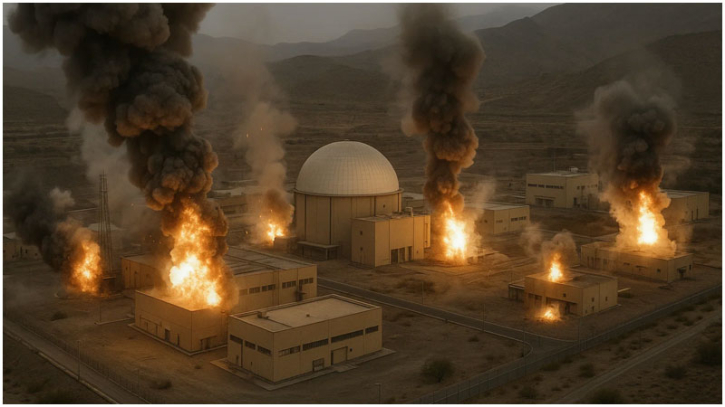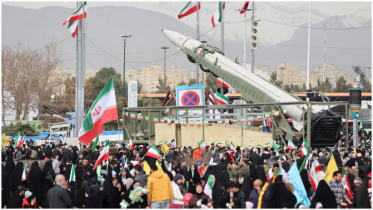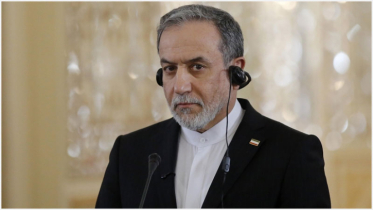US strikes fell short of crippling Iran's nuclear program, Intelligence finds

A preliminary assessment by the U.S. Defense Intelligence Agency (DIA) concludes that last weekend’s American air-strikes on Iran’s nuclear sites inflicted only modest, short-term damage, delaying Tehran’s program by mere months rather than destroying it outright, according to three officials familiar with the report.
The findings, circulated as a fragile U.S.-brokered cease-fire between Iran and Israel took hold, undercut President Donald Trump’s assertion that “30,000-pound bombs” had “obliterated” Iran’s atomic infrastructure. The DIA says enriched-uranium stockpiles remain intact and that many key facilities—hardened deep underground—suffered little structural harm. Two entrances were sealed, analysts say, but underground halls and large numbers of centrifuges survived.
The White House dismissed the assessment as “flat-out wrong,” insisting the strikes “degraded” Iran’s capabilities. Still, U.N. Security Council testimony from U.S. diplomats on Tuesday stopped short of Trump’s earlier claim, describing the operation as a significant but limited setback for Tehran.
A tentative truce
Both Iran and Israel signaled an end—at least for now—to 12 days of aerial combat that began on June 13 when Israel surprised Tehran with attacks on multiple nuclear complexes, killing senior Iranian commanders. Iran responded with volleys of missiles that reached Israeli military bases and cities, killing 28 people—the first large-scale breach of Israel’s missile defenses.
Late Monday, Trump announced a cease-fire effective 05:00 GMT Tuesday after phone calls with Israeli Prime Minister Benjamin Netanyahu and back-channel contacts with Iranian leaders. The truce held, though both sides accused the other of early violations.
Israel lifted nationwide security restrictions by 20:00 local time (17:00 GMT) Tuesday, reopening Ben Gurion Airport. Iranian authorities likewise reopened the country’s airspace, state-affiliated Nournews reported.
Competing claims of victory
Netanyahu declared the raid had removed “the threat of nuclear annihilation” and vowed to prevent any Iranian restart. Israeli Defense Minister Israel Katz told U.S. counterpart Pete Hegseth that Israel would honor the cease-fire unless Tehran broke it.
Iranian President Masoud Pezeshkian celebrated what he called a “great victory,” telling Saudi Crown Prince Mohammed bin Salman that Tehran was ready to address outstanding disputes with Washington.
Iran’s military claimed Israeli strikes killed 610 people and wounded 4,746; Israel said Iran’s missile retaliation killed 28 Israelis. Israeli Chief of Staff Eyal Zamir called the latest phase “a significant chapter” but said operations against Iran-backed Hamas in Gaza would resume.
Global markets breathe
Oil prices slumped and equities rallied worldwide on relief that the conflict had paused, easing fears of a long disruption to Gulf energy exports.
Uncertain road ahead
Whether the cease-fire endures remains in doubt amid deep mutual distrust. Trump’s blunt public rebuke—he said Israel and Iran had been fighting “so long and so hard that they don’t know what the \[expletive] they’re doing”—revealed U.S. frustration with both partners.
For now, however, commercial flights are resuming, and residents in both countries are venturing out from shelters. The region’s larger question—how to stop Iran’s nuclear advances—remains unresolved, with U.S. intelligence warning that the clock may start ticking again in just a month or two.
.png)




